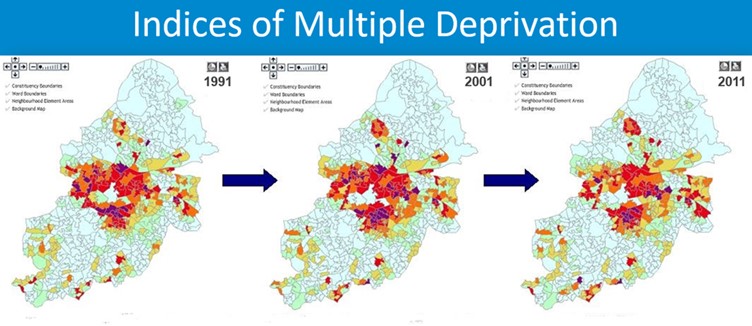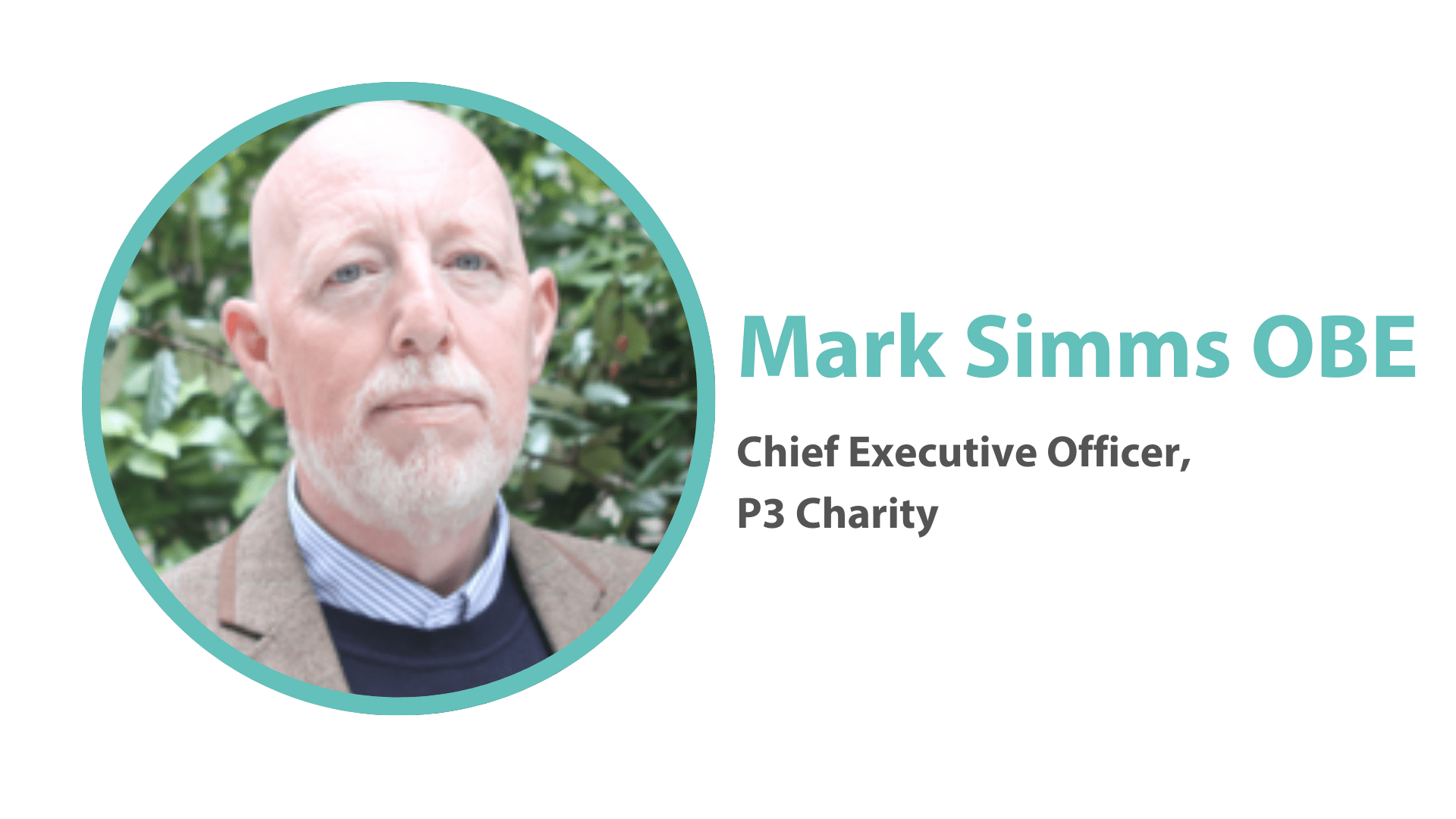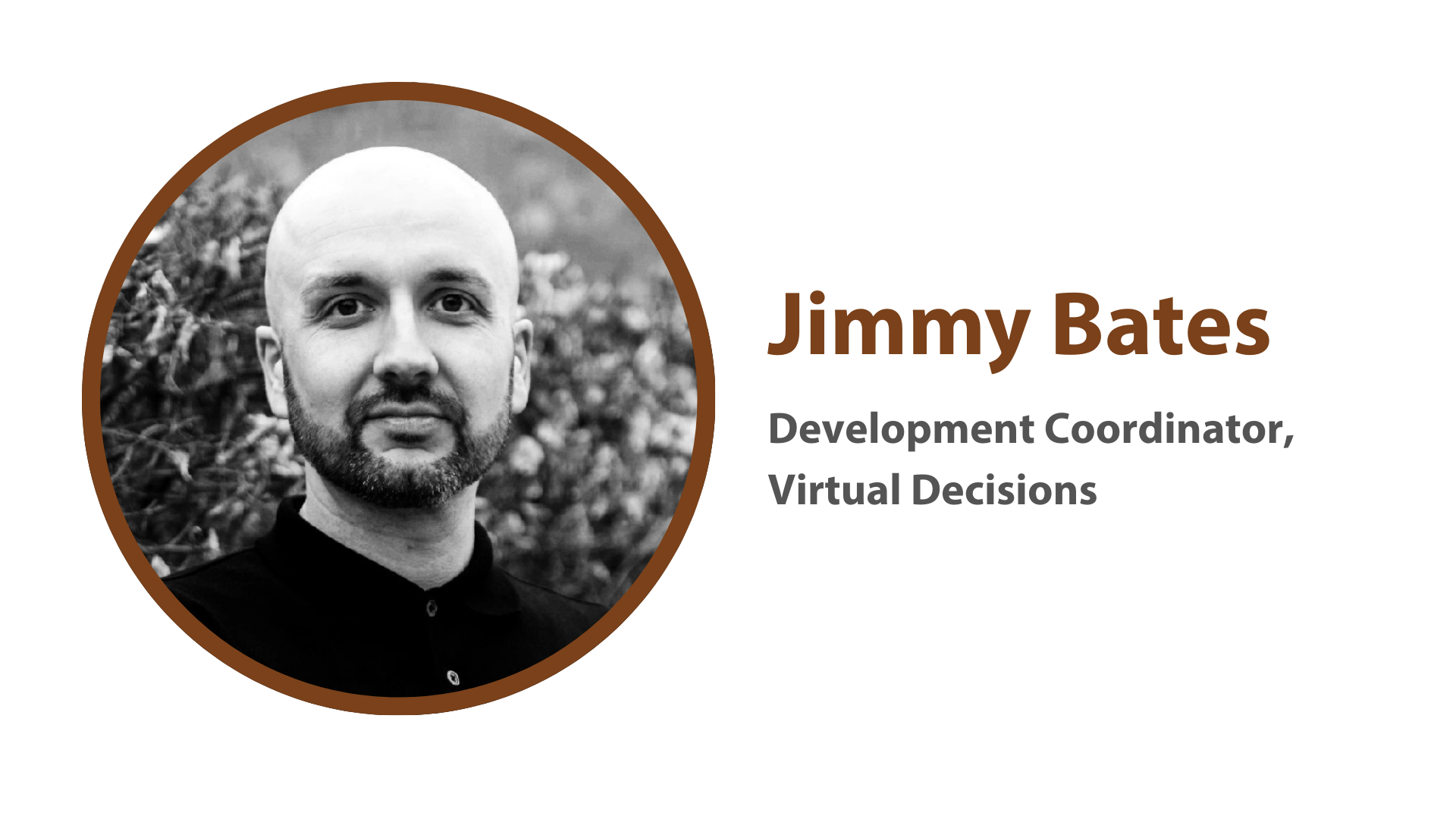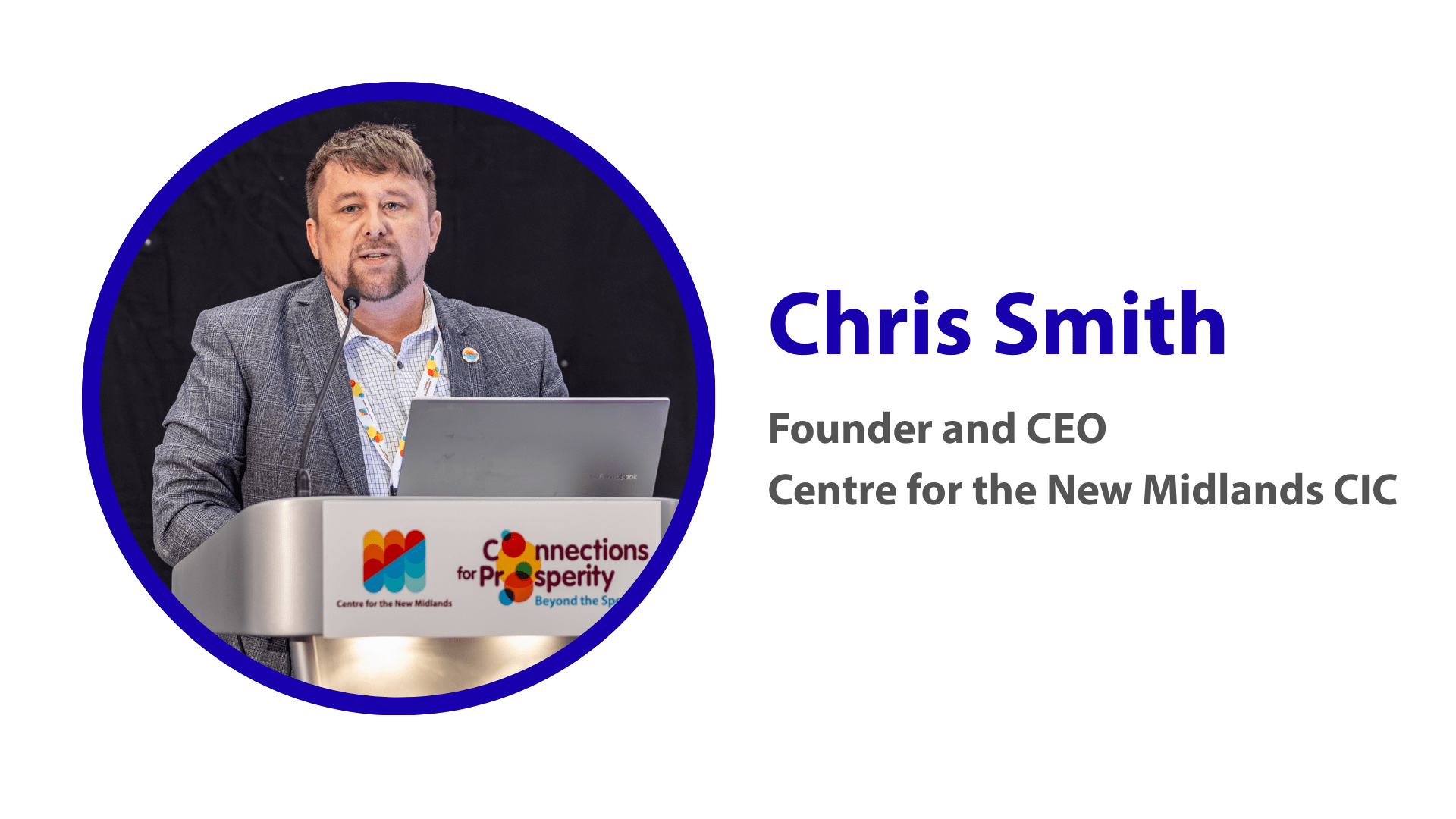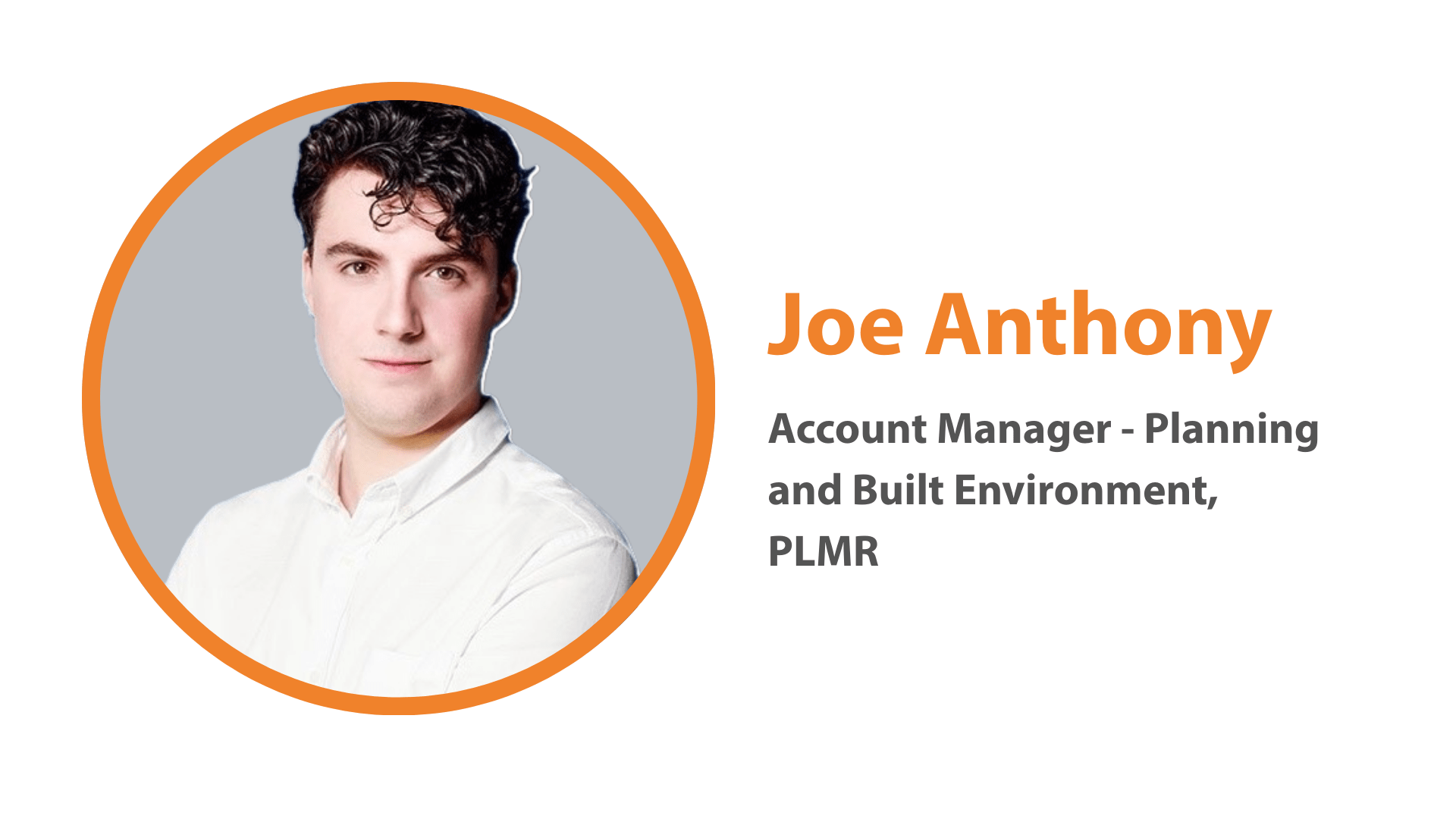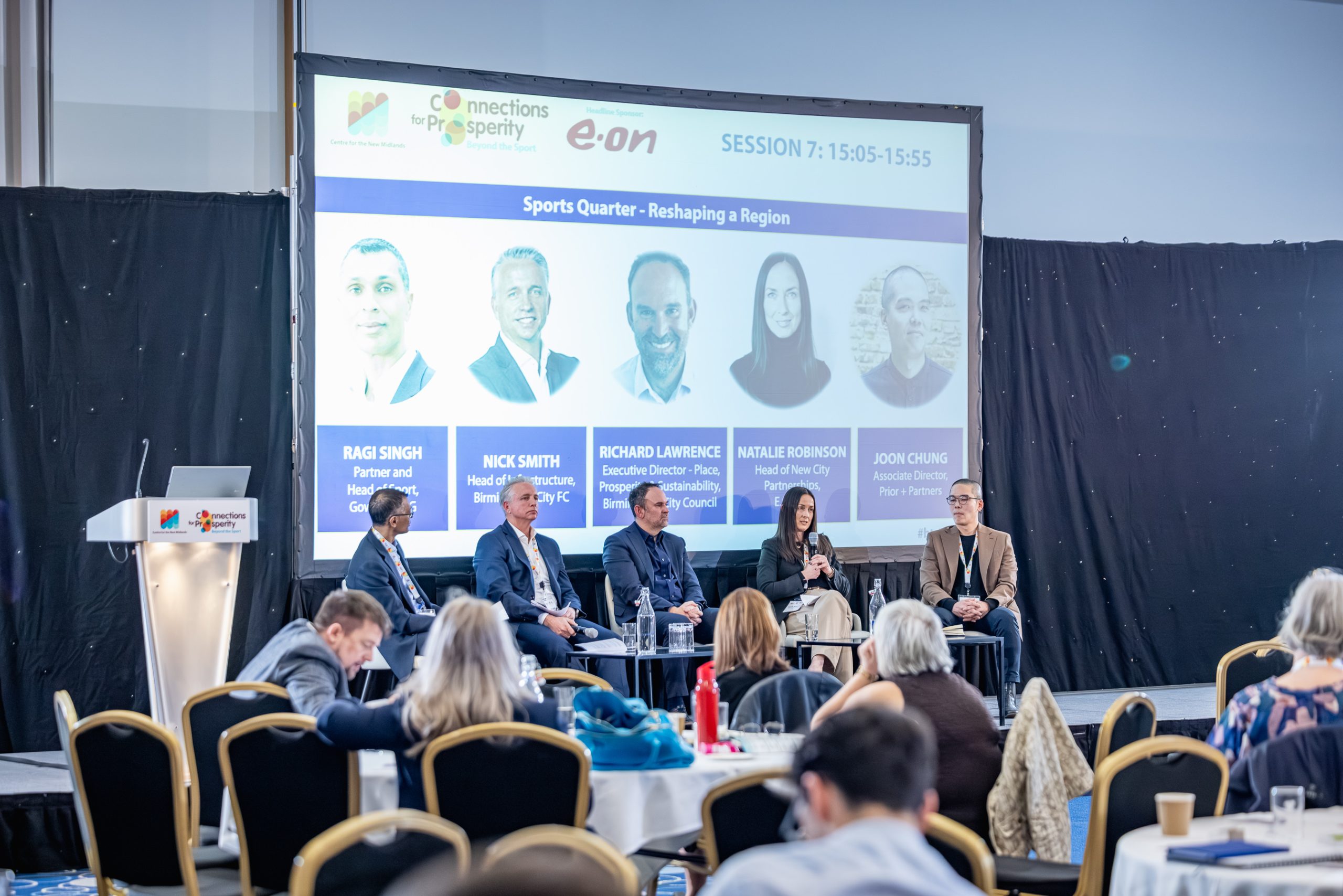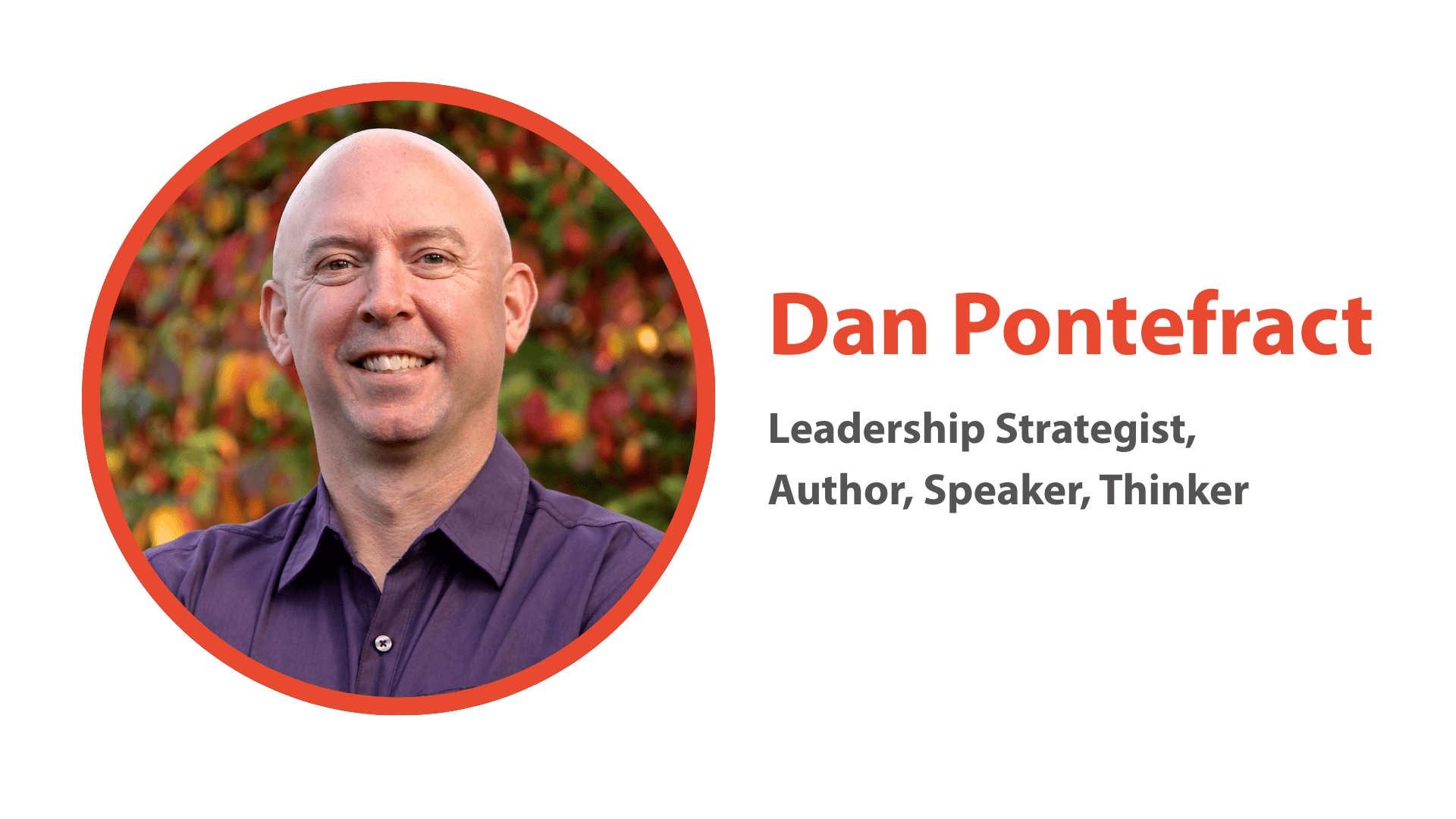In this article, Charles Rapson (Midlands Director of the School for Social Entrepreneurs) argues that the time has come to stop ‘mapping the change’ across society, but to redraw the map!
The region, and the country more broadly, needs to do things differently if it is to deliver fundamental change across society. Could Social Enterprises be the model for society to adopt?
Covid-19 demonstrated that we are not, in fact, all in this together. Too many in our society have been more significantly affected than others. Inequality, which is systemic in any meritocratic and capitalist society, means there will be some who have an advantage and some who are disadvantaged. For example, black people are 4 times more likely to die from Covid.
Covid-19 is the worst global health disaster in our lifetimes. It won’t be the last disaster the world faces. A climate crisis is just around the corner, if not already here, and many experts say it will dwarf Covid-19 in its impact and severity.
Not a very cheerful start, I agree. However, there is hope. If Sir David Attenborough can remain hopeful for a solution to the climate crisis, then I can remain hopeful for a solution to social inequality.
To be realistic, meritocracy and capitalism are probably going to be around for a bit. Systematic change takes a long time and a lot of political will. But we don’t have much of either, that I can see. So, we must work with the system for now.
Take a look at Birmingham. The maps below show areas of Birmingham that suffer multiple deprivation (income, employment, education, health, etc, etc) over 3 decades. Nothing much has changed, apart from a few bits of gentrification in the city centre. That’s despite various initiatives, successive governments, and the ups and downs of our economy.
I arrived in Birmingham in the mid-1970s and I’m certain the picture looked the same then. When the map below is updated with 2021 data, I’d put money on it not being any better.
What do we do to change this map? Well not the same old stuff we’ve tried for decades. Some new ingredients are needed.
Yes, of course some familiar elements will be really important: the building of affordable and social housing, improvements to transport infrastructure and employment initiatives.
But are new jobs at Jaguar Land Rover or a giga factory in Coventry or HS2 going dramatically change Sparkbrook or Lozells or Handsworth? Probably not so much. These big projects are all great… but not enough to truly reduce inequality in the Midlands.
This is where social enterprise comes in. Social enterprises are businesses that exist to tackle social and environmental issues. They invest their profits in good causes, and often employ people who are vulnerable or disadvantaged in the labour market.
Take Colebridge Enterprises, a social enterprise that provides a packing and assembly service to manufacturing companies. It provides employment and training to learning disabled adults and others with a range of needs. They generate the majority of their £200k income from trading and employ 21 people, most of whom would not be otherwise employed. Their profits help sustain the wider work of The Colebridge Trust.
If you were to plot where social enterprises are based, you would find a strong correlation with the map of deprivation. For example, two-thirds of social entrepreneurs we support nationwide at the School for Social Entrepreneurs (SSE) work in the country’s 20% most deprived communities.
Many social entrepreneurs also have first-hand (“lived”) experience of deprivation, inequality and/or injustice. They are survivors with creative solutions to endemic problems.
Over 40% of the 300 or so enterprises we have supported in the Midlands since 2013 come from Black, Asian and/or other minoritized communities. 16% of SSE students have disabilities and we are trying to increase that proportion. More than 71% are women. SSE over-represents the under-represented.
I’ve met some very powerful people in business and politics in my long career, but very few could hold a candle to some of the social entrepreneurs I’ve met. It’s why I do what I do at the School for Social Entrepreneurs.
There are over 100,000 social enterprises in the UK, generating £60bn a year for the economy and employing over two million people (https://www.socialenterprise.org.uk/policy-and-research-reports/the-hidden-revolution/). They deliver a triple bottom line of social, economic and environmental impact.
Social enterprises are tenacious with two-thirds surviving beyond five years (less than half survive that long in the private sector).
There is no definitive figure for the number of social enterprises in the West Midlands but best estimates suggest at least 4,500. From what I can see, the popularity of the model is growing rapidly. We support between 40 & 50 social entrepreneurs a year, and get four to five applications for every place we can offer. Compared with other regions where SSE operates, the Midlands is second only to London & the South East in terms of demand (a region with a population four times larger than ours).
So, what’s the missing ingredient to change that deprivation map? Investment in social enterprise. And it’s coming soon.
I and many others are delighted that the West Midlands Combined Authority and its Mayor recognises the contribution that social enterprise can make to an inclusive economy. In January 2020, they announced a policy of doubling the size of the social economy in the next 10 years.
I’ve had the privilege of being part of a team helping to turn that goal into hard actions. The first steps in that journey should start happening soon. If I live another 10 years, I’m confident that map above will start to look different.
About Charles Rapson:
Charles Rapson is an entrepreneur with over 45 years working across many business types from Family haulage firm to Motor Industry to Online business to Consultancy to Charity and, for the past 15 years, Social Enterprise.
Charles has seen many initiatives and slogans which claim to benefit the economy come and go but all have been variations of the same thing and none have delivered true growth for everyone in society. Those that have, have more and those that don’t still don’t.
A new approach to our economy is needed and Charles believes Social Enterprise plays a key role in that new approach. Covid-19 has shone a huge spotlight on the systemic inequalities in our communities and those must now be addressed.
Connect with Charles on LinkedIn



